Direct Access to Dental Hygiene Near You
Our Edmonton dental hygienists provide comprehensive preventative dental hygiene services focused on maintaining long-term oral health. Whether you are visiting for routine maintenance or managing gum disease, we offer personalized care in a calm, professional setting.
Services

Oral Health Exam

Radiographs (you may call them Xrays)

SCALING....WHAT HYGIENISTS ARE BEST KNOWN FOR!
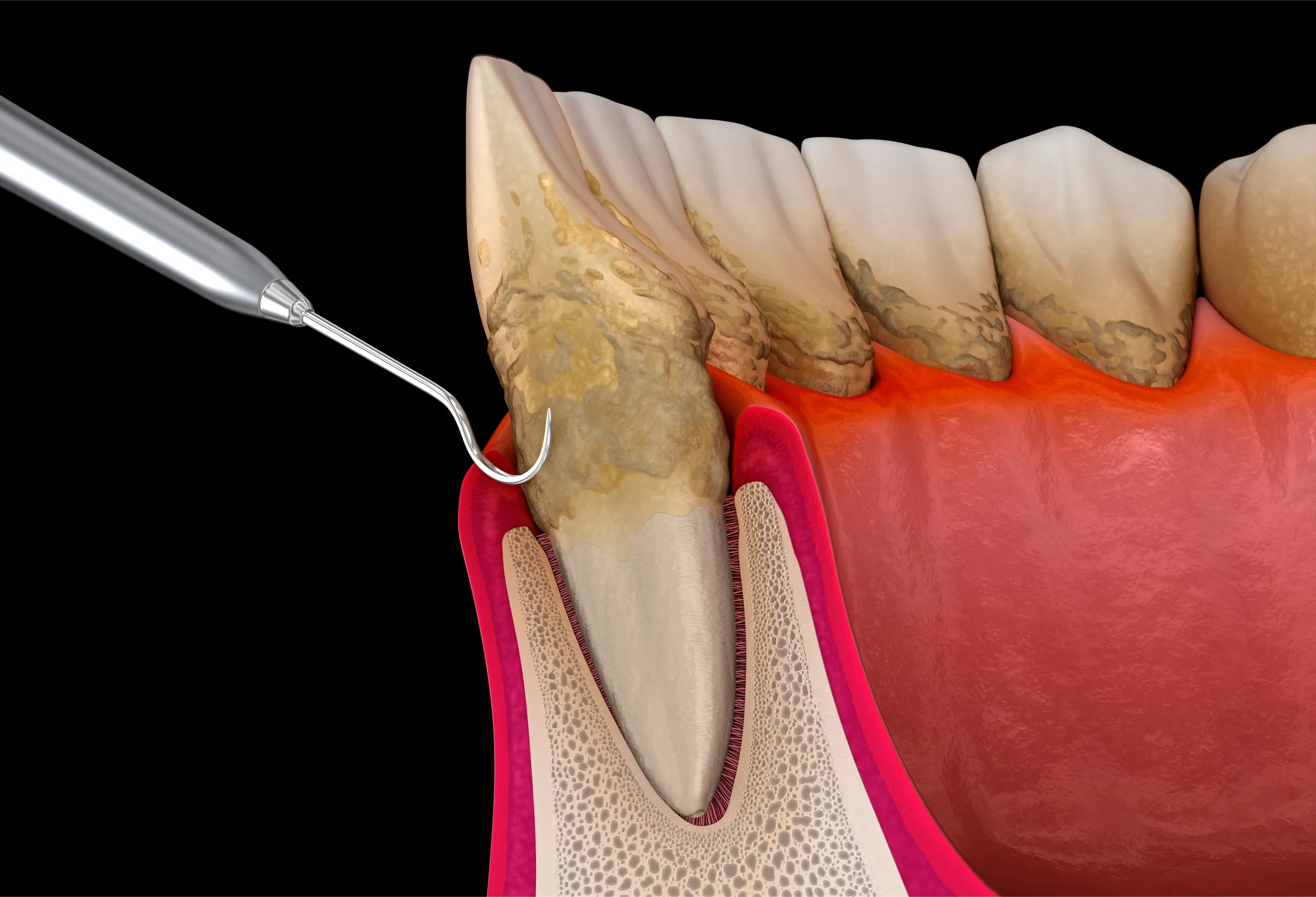
Root Planing

polish
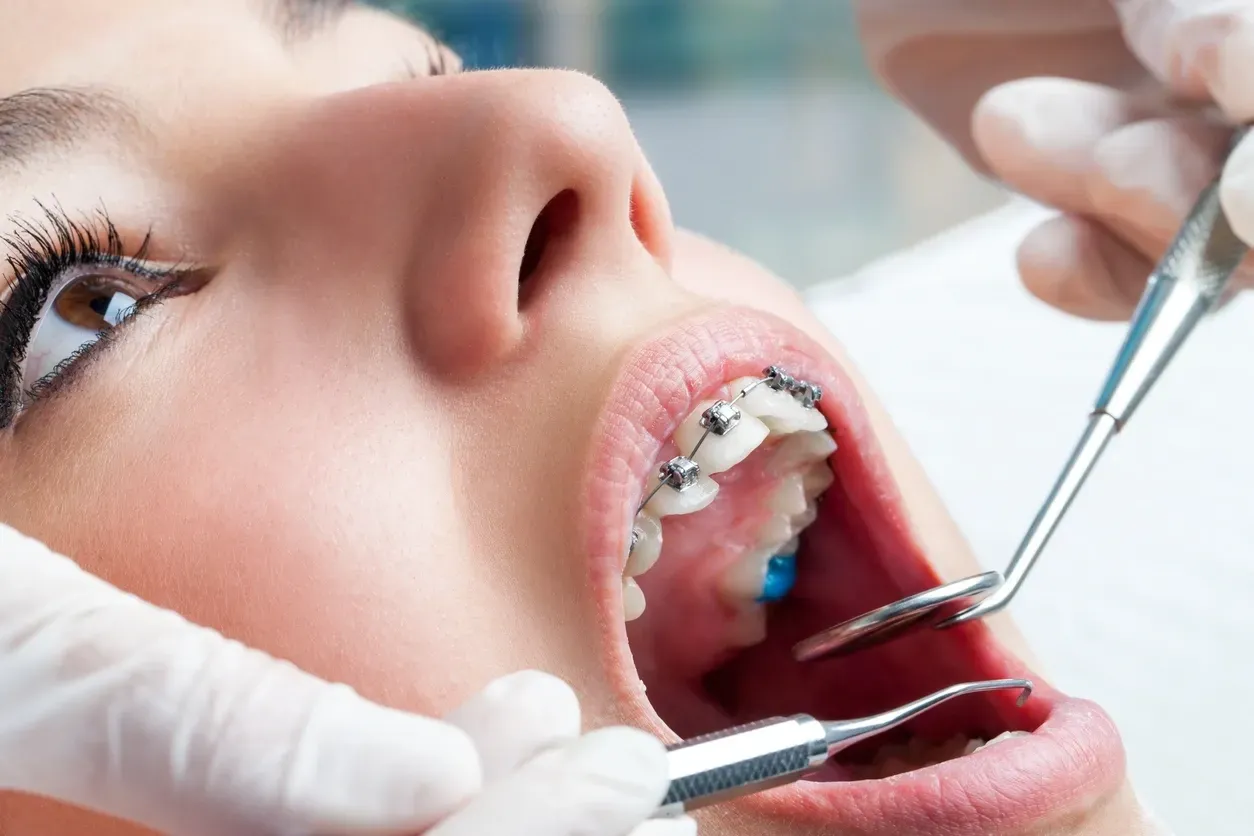
Dental Sealants
Head and Neck Cancer Treatment support

OSA

Early Decay Arrest
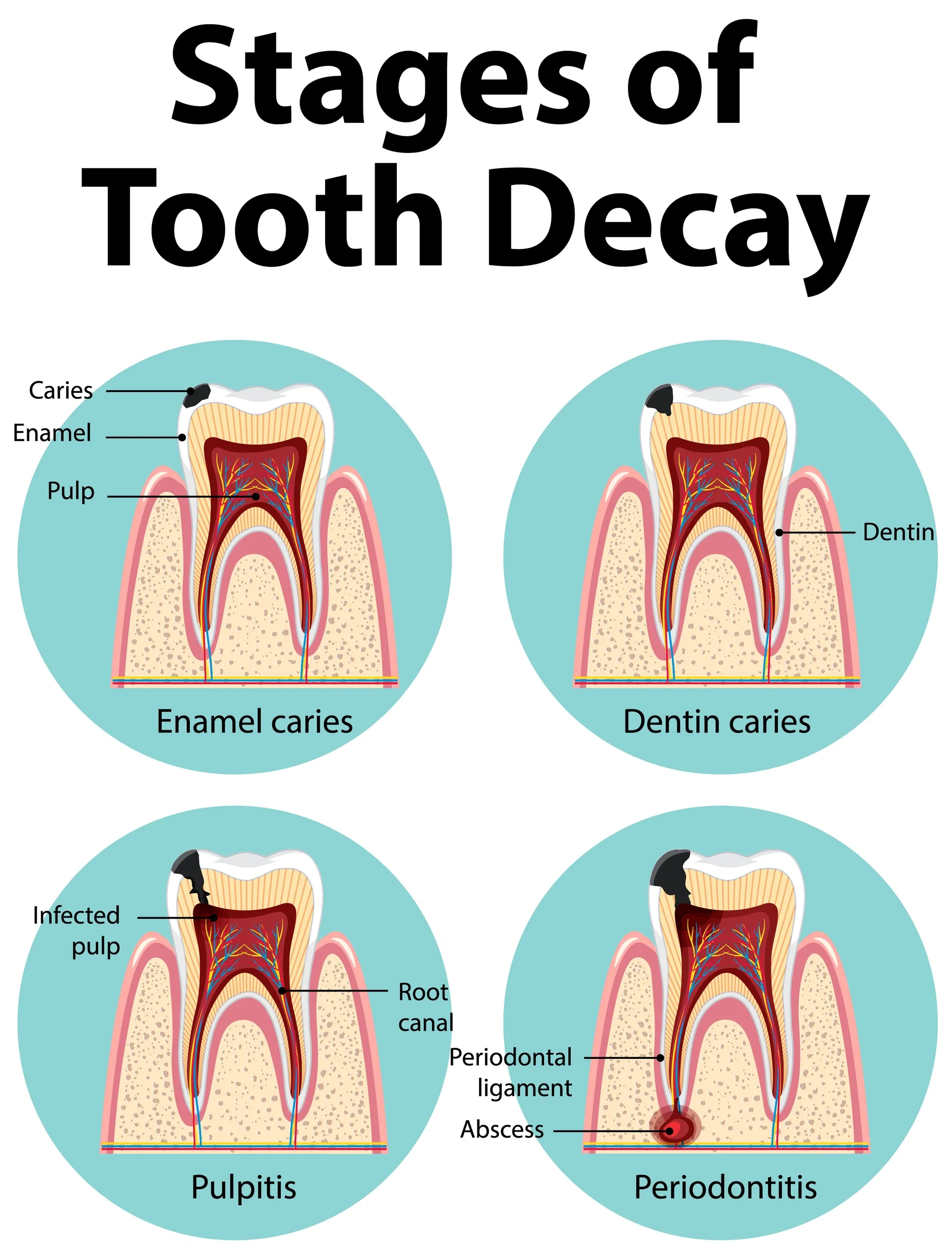
There are products we use that can help to stop very early decay in it's tracks! Ideal for baby teeth to prevent the decay from spreading but, can also be used on very early decay in Adult teeth. Come chat with us about your options!
Atraumatic Restorative Therapy
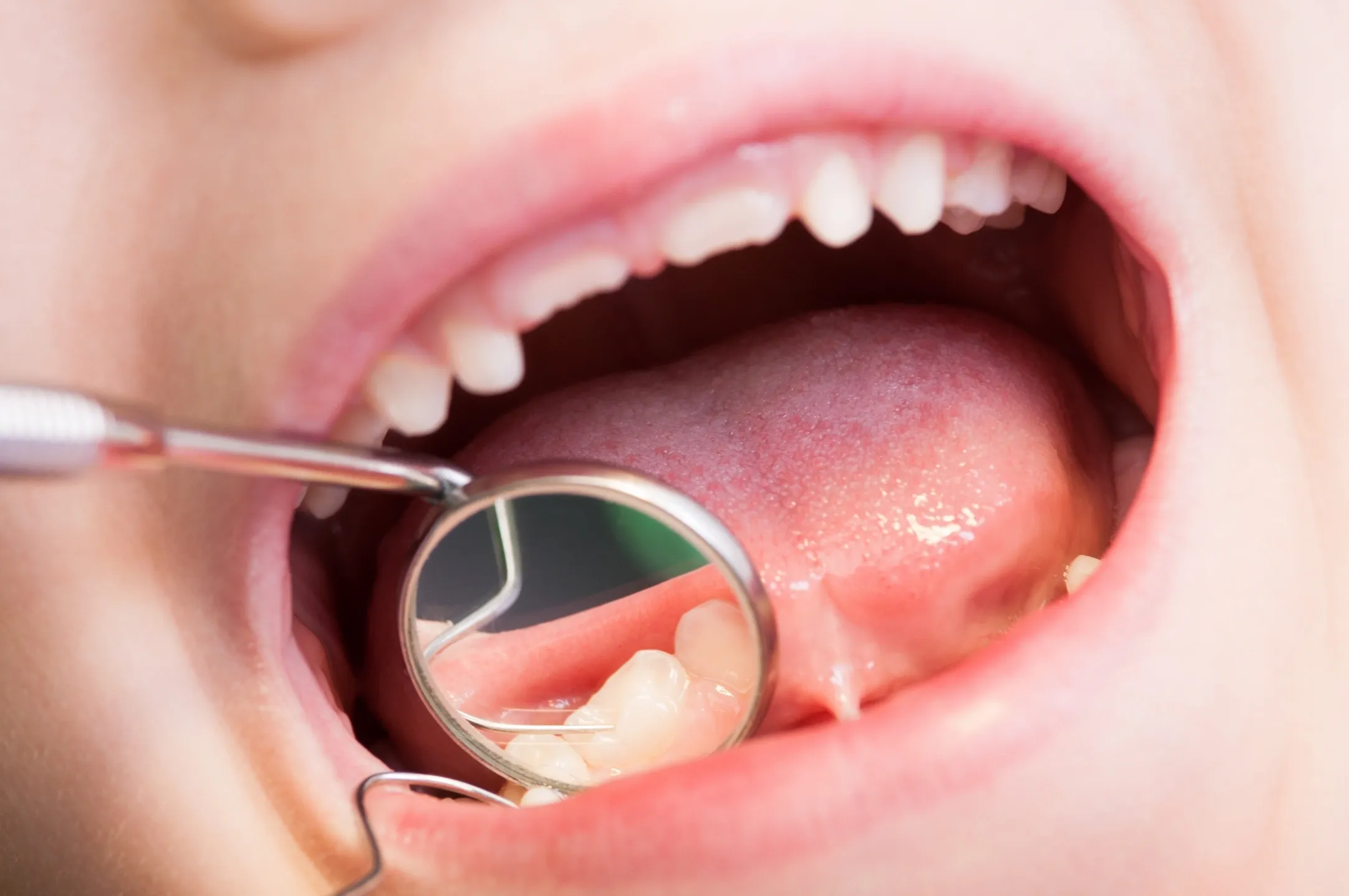
ART Temporary Fillings
ART: early decay is gently removed from the tooth (only decay where no freezing nor drilling is required) and a Glass Ionomer filling material (GIC) is placed to help repair the tooth. GIC is temporary but, can last for years in many instances. Further treatment (restoration) from a Dentist may be required, a referral will be advised.
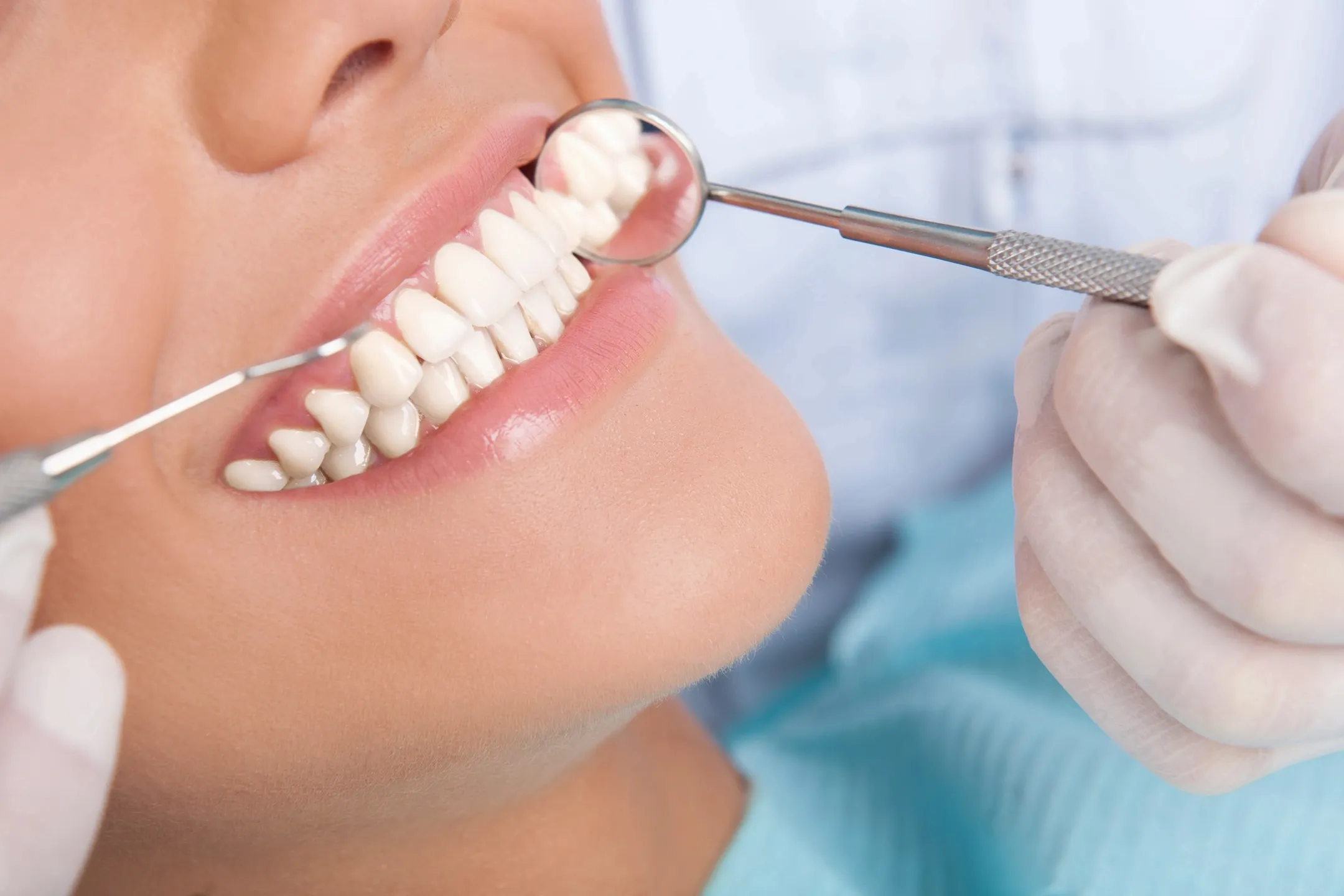
SMART/SDF And Temporary Fillings
SMART (Silver Modified Atraumatic Restorative Therapy): Silver diamine fluoride is painted on early decay to "eat up" the soft, diseased tissue and leave healthy, hardened tissue. That tissue is then covered later with glass ionomer (GIC) to fill up and protect the area. GIC is temporary but, can last for years in many instances. Further treatment (restoration) from a Dentist may be required, a referral will be advised.

Silver Diamine Fluoride
Local Anaesthetic (freezing) and Prescription Medication

